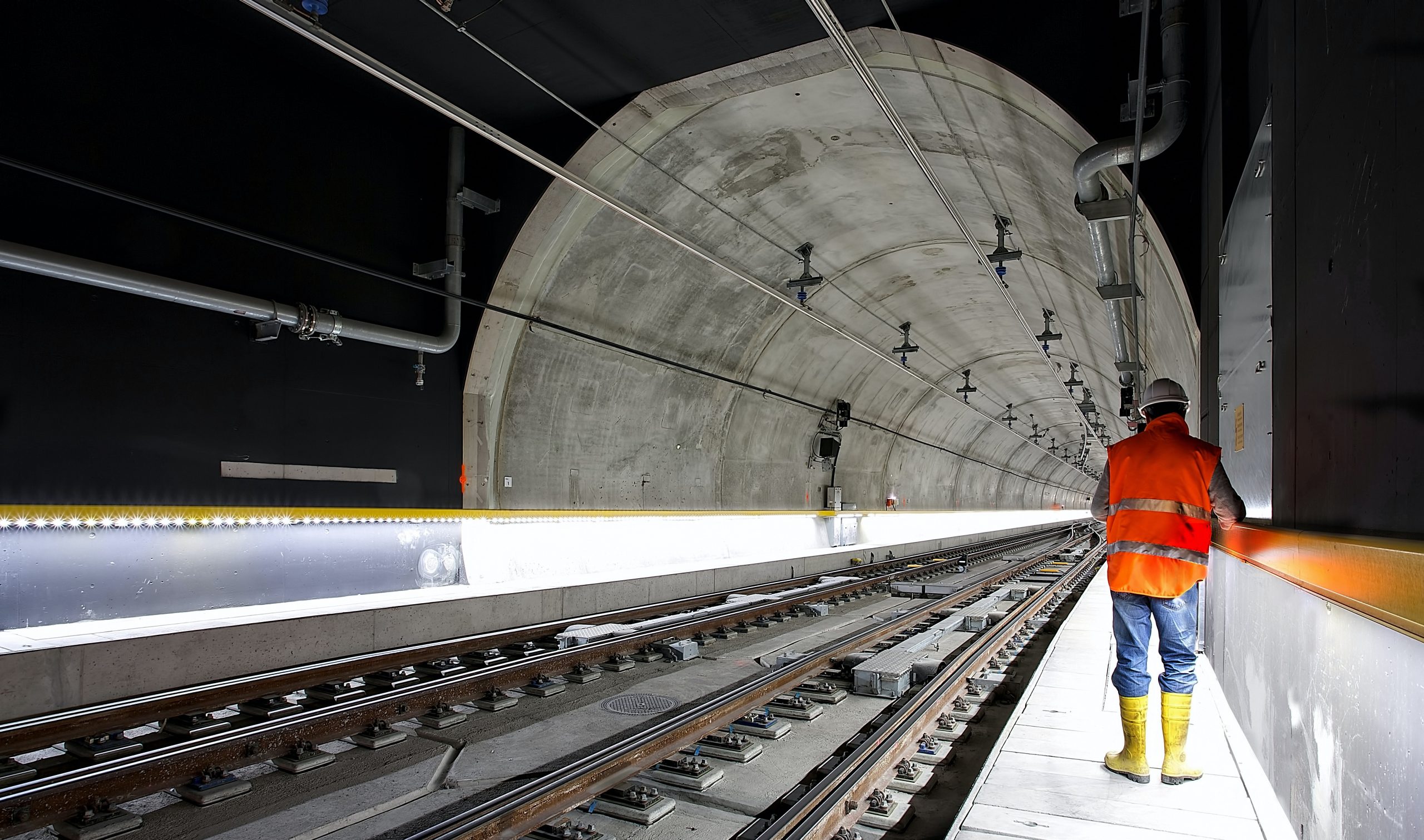
Modern CRM systems add enormous value and greatly improve productivity in construction and engineering firms. An efficient, intuitive CRM system allows engineering and construction to streamline processes, eliminate redundancy, and scale.
After the Great Recession of the late 2000s, most industries were able to find their way back to a period of growth. Engineering and construction firms, in particular, saw steady business growth throughout the late 2010s, with all signs pointing to the continue of the boom.
Yet, in spite of this incredible turnaround, productivity remained a significant challenge for many in these industries. And then came the most unexpected blow of all – a global pandemic.
And what we know to be true is that productivity has a strong correlation to profit. A study by McKinsey showed that the difference between construction productivity and that of the economy has never been greater. And in an industry where projects are getting more complex in scale and scope — maintaining a high level of productivity is critical for success.
Now factor in many team members logging in remotely – if you don’t have the proper processes and protocols that help to manage and monitor a remote team, you’re setting yourself up for failure.
Almost one-third of the productivity gap can be attributed to a lack of digitisation, which McKinsey defines as where and how companies build digital assets, expand digital usage, and create a more digital workforce. This so happens to be an area where engineering and construction companies lag significantly compared to other industries. Another survey by Roland Berger found that sales, marketing, and post-sales teams within engineering and construction companies had the most to gain — in terms of productivity — from the digitisation of data, and an increased access to data, automation, and connectivity.
For some, implementing a full-scale digital transformation may seem too complicated. Many construction companies still largely rely on spreadsheets, point solutions, and old-school “sticky notes” to keep track of important customer data and interactions. All too often, information gets lost or is too hard to find, and smart employees end up wasting time re-doing work. Plus, without a centralised productivity system in place, there’s no efficient way to track progress, predict results, or uncover opportunities.
If any of those pain points sound familiar to you, you’re likely ready to give your business’s productivity a boost by implementing a Customer Relationship Management (CRM) system that can digitise your business. The best ones can effectively manage critical customer information all in one place to help teams build and foster a more profitable business and stronger customer relationships.
To understand exactly what digitisation means, here are some ways in which implementing a CRM can transform how you do business:
Get access to one centralised place for managing all relationship data, including current and past projects, bids, clients, suppliers, subcontractors, and partners.
Manage and track all active and past projects efficiently by keeping information out of email silos, reducing paperwork, and optimising project schedules and budgets.
Generate real-time project reports, create forecasts, and assess profitability (and more!) all from the same platform.
Easily configure your CRM to meet the specific needs of your business as it continues to evolve and grow, including key integrations that work seamlessly with other systems you may already have in place.

The purpose of a customer relationship management software is to centralise access to information. Centralising information allows different departments in your company to communicate to each other without discrepancies in data. That’s why you shouldn’t use just any CRM tool, you should choose one that comes with integrations and customisations.
For instance, Salesforce provides a super flexible platform that enables the management of bids, projects, resources, suppliers, operations, and more with a focus on collaboration, integration, and visibility across the organisation.
Construction and engineering companies of all sizes customise Salesforce to be used specifically for construction business models, providing them solutions that enable them to:
With the construction landscape changing faster than ever before, traditional client-server solutions limit your ability to be agile and adapt.
With an effective CRM in place, engineering and construction firms can unlock the benefits of digital collaboration. They can enable on-site execution and integrate back-office data with an effective system for customer engagement.
Have any questions about what CRM solution might fit your needs? Get in touch with us via the form below!